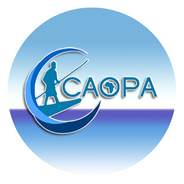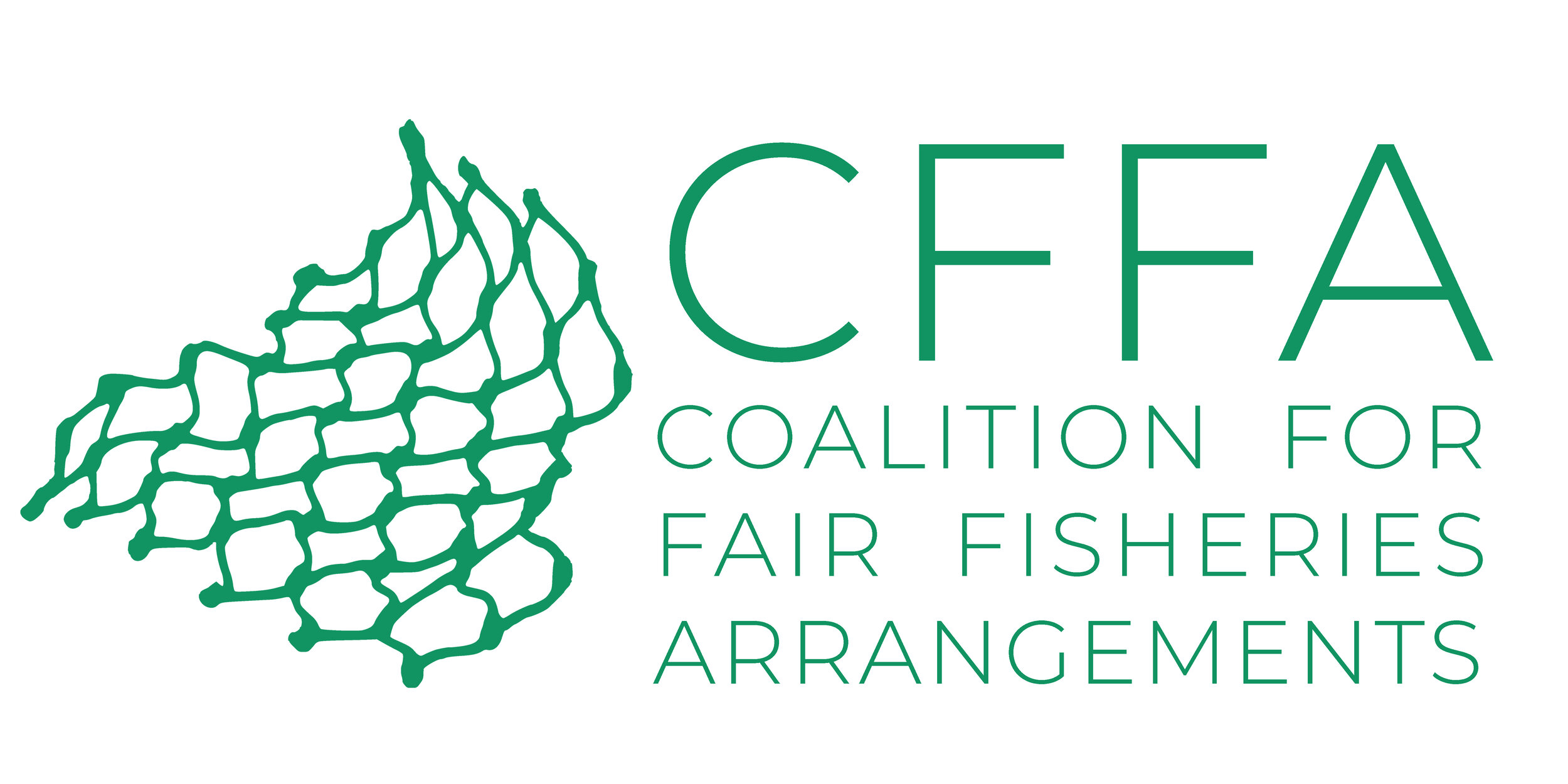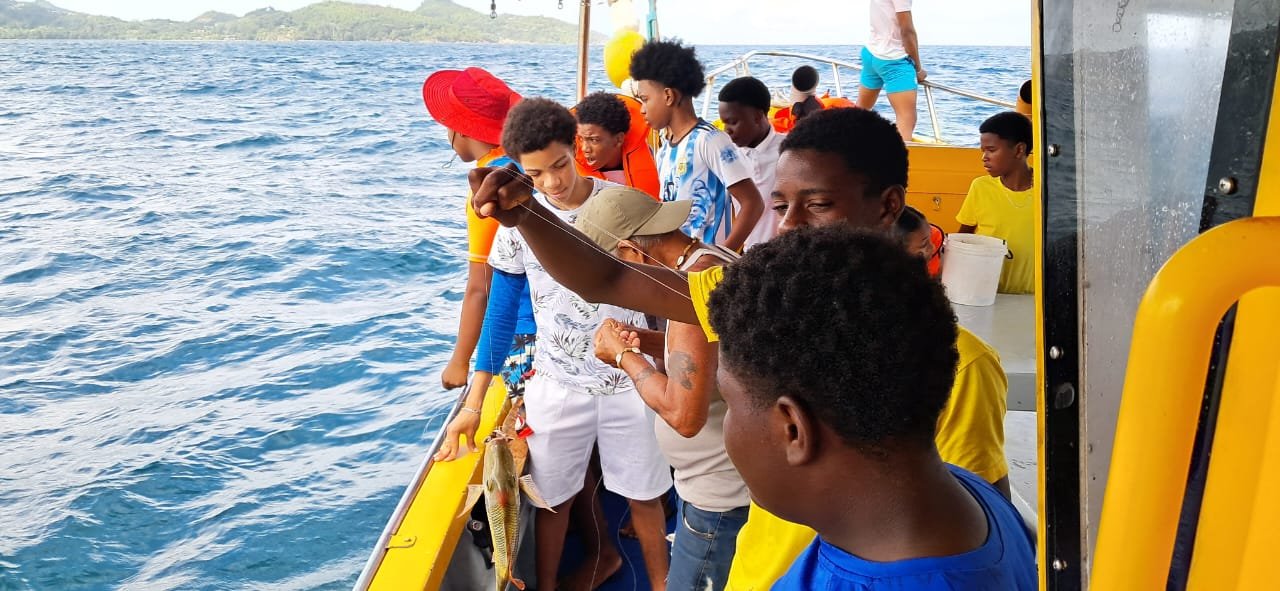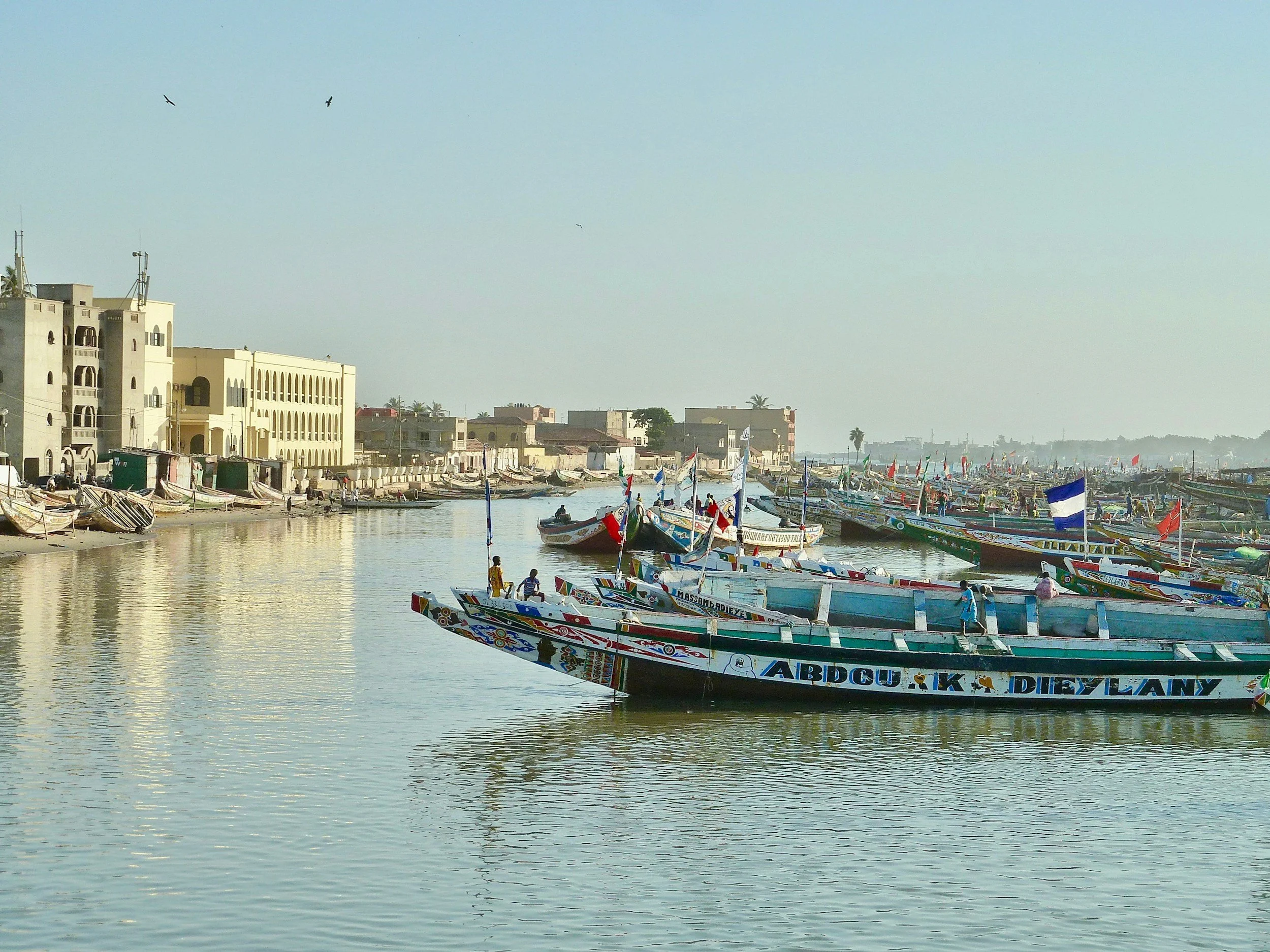The year 2022 has been declared by the United Nations as the International Year of Artisanal Fisheries and Aquaculture. In Africa, artisanal fisheries employ more than ten million men and women, and feed more than 200 million Africans. The African fisheries, 75% of which are artisanal, are the largest sector of the blue economy in Africa, whether in terms of contribution to food security, jobs created or household income generation.
In view of the summit that will bring together the leaders of the European Union and the African Union in Brussels on 17th and 18th February 2022, our organisations call on European and African decision-makers to join forces to support sustainable artisanal fisheries in Africa, by implementing, through their respective policies and partnerships, the FAO Guidelines for Sustainable Artisanal Fisheries and the Policy Framework and Reform Strategy of the Fisheries and Aquaculture in Africa (PFRS).
Our organisations propose that the AU and the EU take concrete action in three priority areas:
Our first priority, echoing Sustainable Development Goal 14b, is to ensure exclusive access rights to African coastal, inland and riverine areas for artisanal fisheries, and to empower them to manage them sustainably. In Africa, many countries are willing to establish a zone reserved for artisanal fisheries, but these are often not well demarcated, managed or protected from the incursions of industrial fishing and other marine development. For the European Union, in its fisheries policy, - the CFP -, preferential access rights are granted to artisanal fisheries in the twelve-mile coastal zone. In Article 17 of the CFP, Europe has also enshrined its desire to grant preferential access to those who fish sustainably and contribute most to local economies. There is therefore a common desire on the part of Europe and Africa to reserve access to the resources of their coastal, inland and riverine zones for the benefit of sustainable artisanal fishing. This must be reflected in EU-Africa fisheries relations, whether at the level of bilateral Sustainable Fisheries Partnership Agreements (SFPA), or through technical and financial support for concrete actions enabling fishermen to manage the entire coastal, inland and riverine zones sustainably themselves, with tools such as Marine Protected Areas (MPAs) or participatory monitoring.
Valuing the role of women in African artisanal fisheries is key for the future of fishing communities. Women in artisanal fisheries work and live in very harsh conditions. It is not uncommon to see women fish processors working more than ten hours a day in the smoke, sometimes with their babies around. Despite this, women are bringing in innovations on a daily basis to improve their working conditions and the living conditions of their families. The first thing women need is enough fish to process, of good quality, at affordable prices. In several countries, women are finding solutions for this, such as starting artisanal fish farming. This is a good way of supplementing their supply of raw materials, but also of coping with periods when fishing is stopped (biological rest, for example). Such women initiatives should be supported.
We also welcome here the efforts of the EU and AU which must be continued, for instance West and Eastern African countries including the South West Indian Ocean (SWIO) region, to promote concerted management of the most-sourced artisanal fisheries, especially small pelagics in West Africa. Most of these small pelagic species are key for women to process and supply local and regional markets.
Today, African artisanal fishing communities are concerned about competition from other financially and politically more powerful sectors of the blue economy, such as oil and gas exploitation, tourism or the development of polluting coastal industries. For us, the precautionary approach should guide the development of the blue economy. Independent and transparent social and environmental impact assessments must be carried out, with the participation of affected coastal and fishing communities. No new ocean use activity should be permitted by States, or supported by donors, if it negatively impacts ecosystems and the activities of the communities that depend on them for their livelihood. We also call for the establishment of transparent mechanisms for consultation and conflict resolution between users of African coastal, inland, and riverine areas, which allow for the informed and active participation of affected fishing communities. In this context, we welcome the establishment of an EU-Africa Task Force on International Ocean Governance, which we hope will provide an opportunity for African artisanal fisheries to voice their concerns and discuss them with the European stakeholders.
In general, we are pleased to see that, within the framework of the Europe-Africa partnership, the programming of projects for sub-Saharan Africa covering the period 2021-2027 gives greater emphasis to oceans and fisheries, with a specific focus on civil society organizations (CSOs) and women.
We also appreciate the EU's call to work with key continental, regional networks, platforms and associations in the fisheries and aquaculture sector.
However, there is one aspect that needs to be concretely improved. At present, we deplore the inadequate control put in place to ensure that funds are used in the best possible way to serve the interests of artisanal fishing communities. The problem is not only in the monitoring of projects but also in the definition of these projects. The participation of artisanal fisheries stakeholders through appropriate means must be a priority in the definition, implementation and evaluation of the results of fisheries projects supported under the EU-AU partnership.
In all the actions that we wish to see supported- whether in resource management, fisheries partnerships and projects - the involvement of fishing communities and civil society, through transparent mechanisms, is essential. The EU and the AU are well aware of this, as shown by the support given to regional and continental non-State fisheries actors platforms through the FISH GOV I and FISH GOV II projects. This dialogue with artisanal fisheries must be strengthened, in all aspects of Europe-Africa fisheries relations, from bilateral and multilateral fisheries agreements to project programming or the evaluation of their results.
WE ARE READY TO ENGAGE!
The Signatories
Banner photo: Women fishing from the shore in Ilonde (Guinea Bissau), by Carmen Abd Ali.

















Rising sea temperatures, extreme weather, and coastal erosion are reshaping the life and working conditions for Gambian coastal communities, who are finding ways to adapt but face ongoing challenges that require government and financial support.